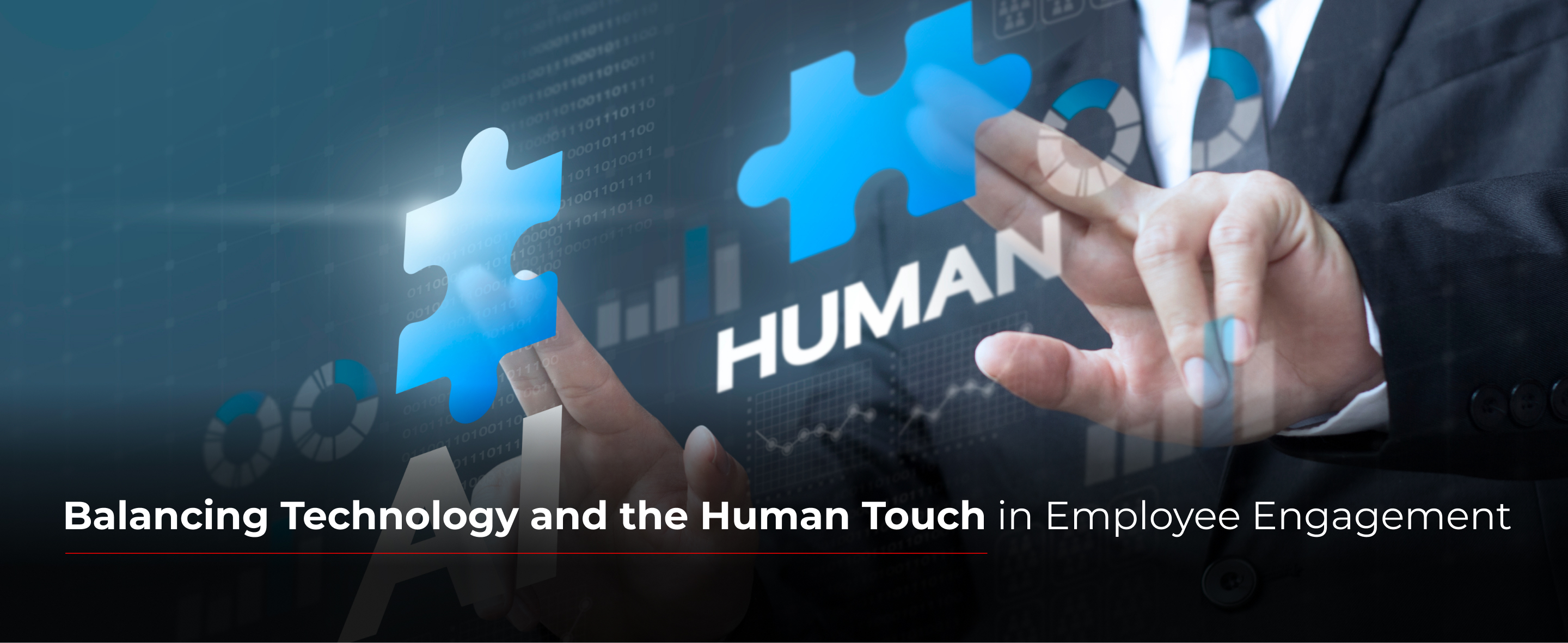
In today’s digitally driven workplace, technology plays an increasingly vital role in shaping employee engagement. From AI-powered HR tools to real-time feedback platforms and virtual collaboration spaces, technology has transformed how companies connect with, support, and motivate their teams. However, as convenient and efficient as digital tools may be, they can never fully replace the value of genuine human interaction. The real challenge lies in striking a balance between technological efficiency and the human touch.














